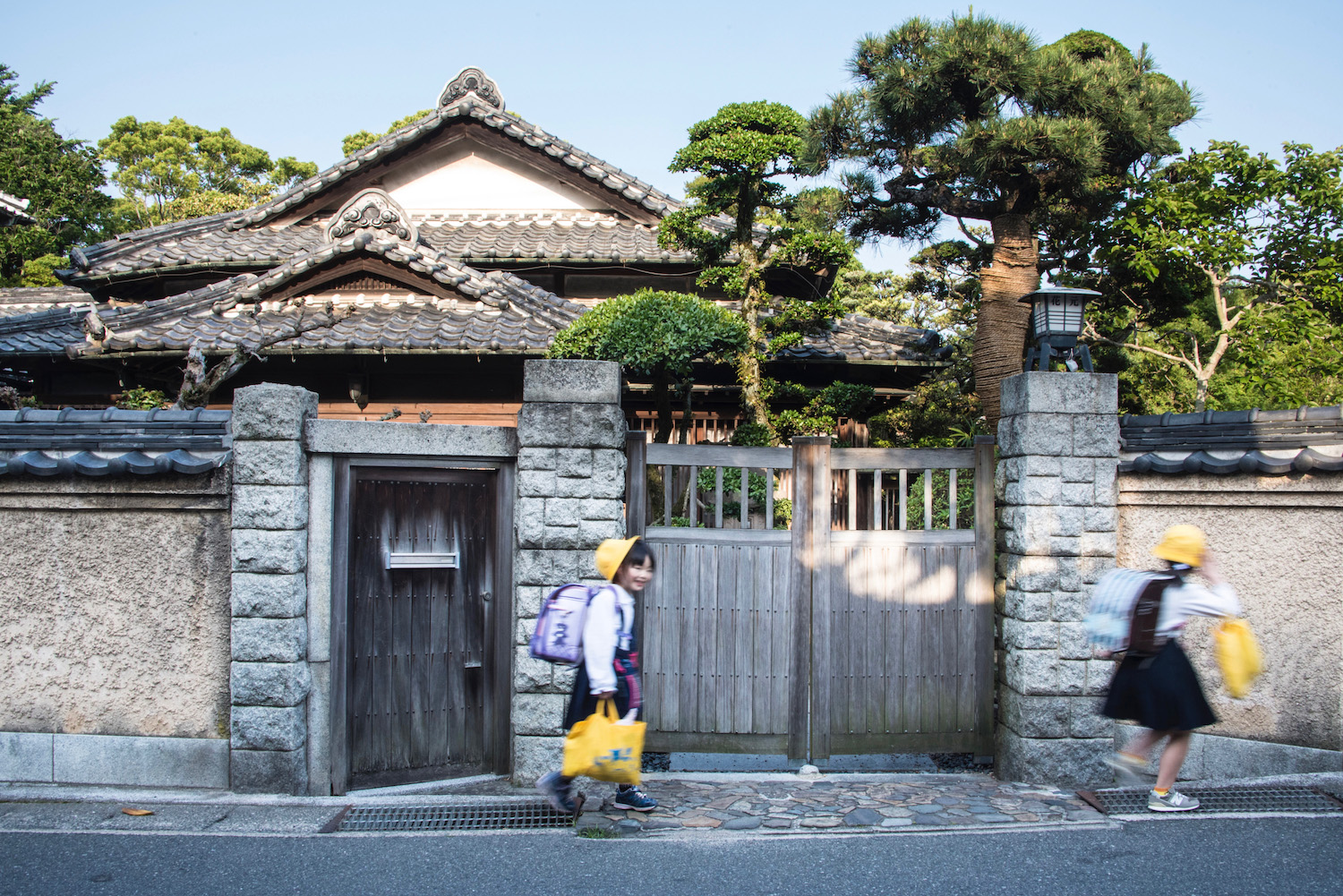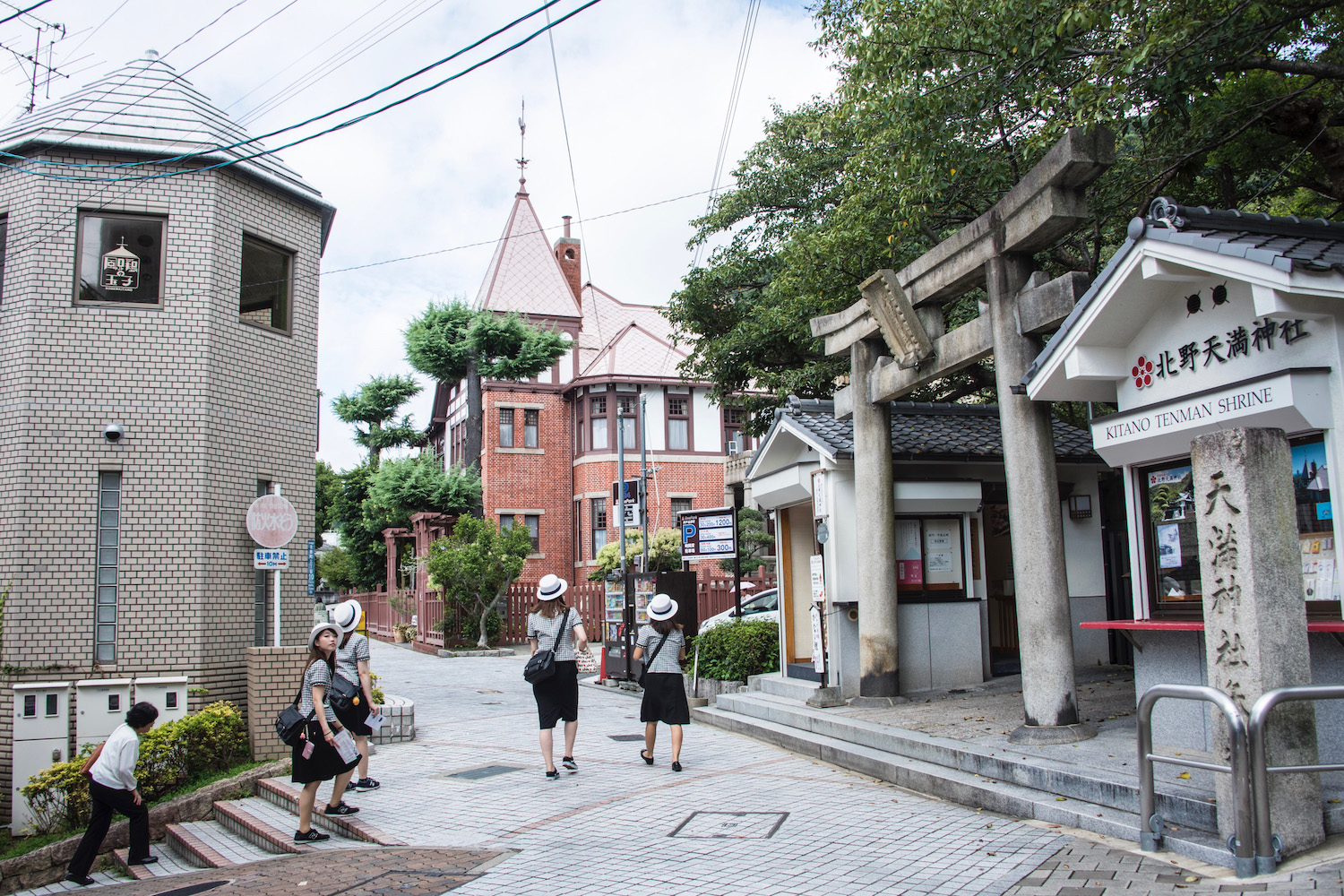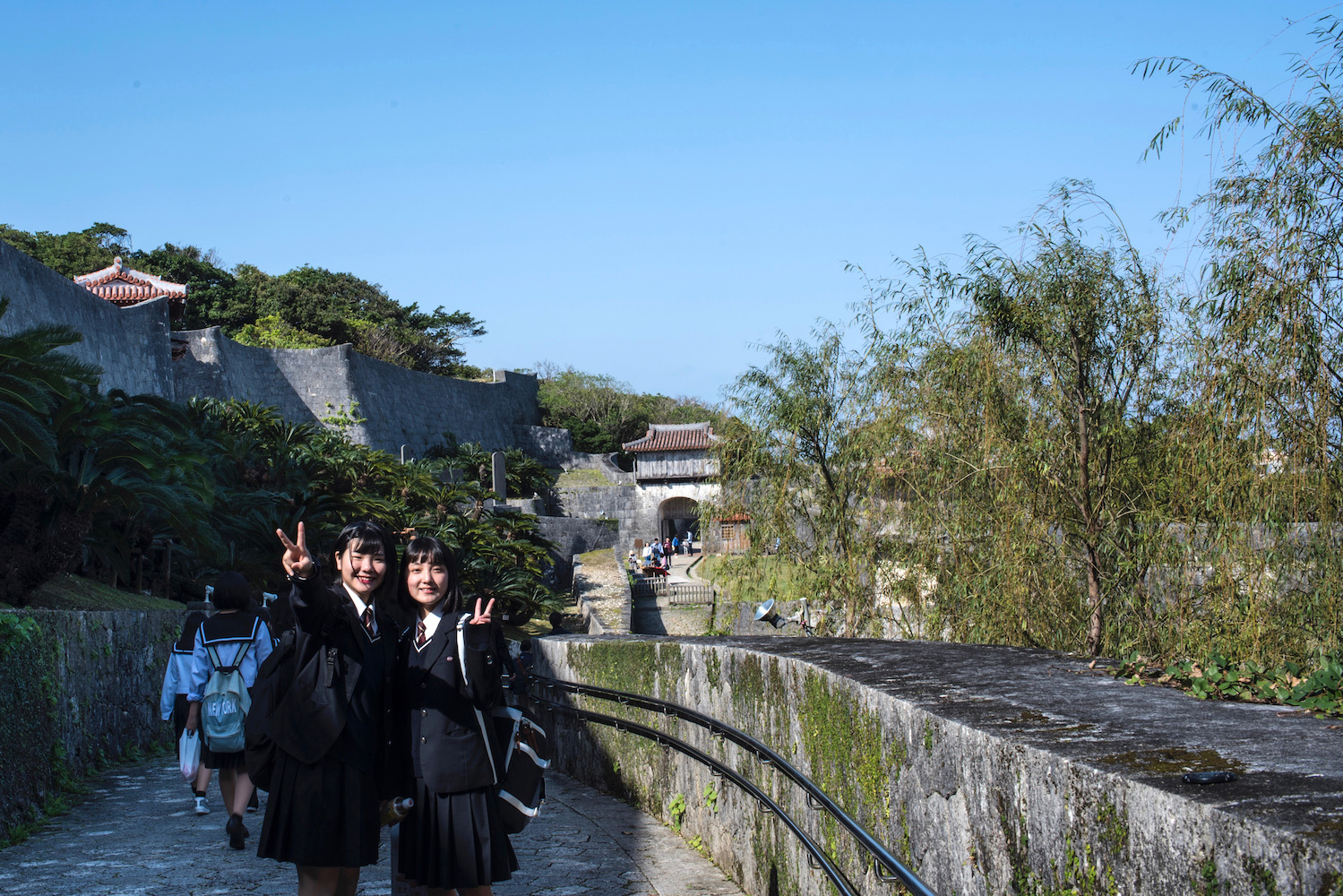The topic of English in Japan is a complex and controversial one. Frankly, many people’s understanding of Japan’s linguistic status quo is stuck in the 1980s or 1990s.
During those decades, and even during the 2000s, it’s arguable that the answer to the question “can you get by in Japan with English?” would be an emphatic “no.” However, times have changed—and the Japanese people have largely changed with them, largely for the better.
Do people in Japan speak English? Yes, but the truth is more complicated than that. Let’s dig in a bit more, why don’t we?
Why Do Japanese Not Speak English?
In the last couple decades of the 20th century, English in Japan was about as rare as foreigners throughout much of the 18th and 19th centuries. As is the case in, say, mainland China today, only extremely educated Japanese people spoke English, and many of them were too shy to speak it unless absolutely necessary. This was unfortunate for travelers but largely unimportant for the Japanese, whose domestic economy was robust enough that there was little impetus to learn or speak Ee-go.
The tide began to turn, however, during the 1990s and 2000s, when Japan’s economy rapidly deteriorated due to a series of unforeseen shocks, most notably the Asian Financial Crisis of the late 1990s. When the Great Tohoku Earthquake (and its accompanying tsunami) devastated Japan in 2011, then-new Prime Minister Shinzo Abe abruptly shifted gears, prioritizing tourism (and English proficiency) in his ultimately successful bid to host the 2020 Olympics in Tokyo.

Other FAQ About Speaking English in Japan
What is the role of English in Japan?
With the exception of random romaji interspersed into kanji and kana, English in Japan mainly serves as a way for the Japanese to communicate with foreign visitors, particularly non-Asian foreigners. Do people speak English in Japan? Yes, at least when they have to. I’m thinking in particular of hotel workers, and employees of popular tourist attractions.
Why is English so hard for Japanese?
English is difficult for Japanese people for three main reasons: 1) Pronunciation of certain English phonemes, such as the difference between “r” and “l”; 2) Key differences between English and Japanese in terms of grammar and register; 3) The lack of natives speakers of English in Japan provides Japanese few opportunities to practice or perfect their English skills.
Can I go to Japan without knowing Japanese?
Enough people in Japan speak English that you can survive without knowing Japanese. I’ve taken dozens of trips to Japan with minimal Japanese skills! However, speaking only English limits you to superficial connections, and precludes a deep understanding of Japan. Can you speak English in Japan? Yes, but it’s better if you know a little bit of Japanese.
Is Tokyo English-friendly?
Tokyo is definitely the place where English in Japan is most ubiquitous. In addition to bilingual signage in the Tokyo Metro, JR Lines and in popular areas like Asakusa and Shinjuku, a large percentage of people in Tokyo speak some English, even those who don’t work in foreigner-facing professions. You don’t need to speak Japanese at all to enjoy Tokyo!
Do Japanese police speak English?
Chances are good, at least in major cities, that Japanese police officers (both on the streets and in koban police boxes) speak some English. Of course, the chances of you needing to speak to the police in Japan are rather low, given the country’s extremely minimal crime. Do they speak English in Japan? Yes, especially if they deal with foreigners regularly.
What are some important Japanese phrases for travelers?
In a second, I’ll address the specifics of whether or not you should study Japanese during your trip. However, even if you don’t aim for fluency or proficiency, having some basic Japanese down-pat before you travel is a good idea. Here are some important Japanese words and phrases every traveler should know:
- Good morning Ohayo gozaimasu
- Good day Konnichiwa
- Good evening Konbanwa
- Goodbye Sayounara
- Thank you (very much) Arigatou (gozaimasu)
- (Item or request) please (Blah blah blah) kudasai
- That’s delicious Oishi desu
- Nice to meet you Yoroshiku onegaishimasu
- Where is (place)? (Place) wa doko desu ka?
- You are kind (Anata wa) shinsetsu desu
- Excuse me Sumimasen
- I’m sorry Gomen Nasai
- I see So desu ka
- How much does it cost? Ikura desu ka?
- I understand Wakarimasu
- That’s OK Dai joubu desu
- Please say that again Mo ichido onegaishimasu
- I don’t understand Wakarimasen
- I don’t speak Japanese Nihongo ga hanasemasen
- Do you speak English? Ei-go ga hanasemasu ka?
Should You Study Japanese During Your Trip?
While English speaking in Japan will likely continue its pre-Olympics upswing even if the games end up being canceled, it never hurts to speak Japanese. This is especially true if you plan to explore Japan off the beaten path. I can’t tell you how many restaurants I’ve been in, from tiny Yasugi city in the San’in region to Tohoku prefectures like Aomori and Yamagata, where there simply hasn’t been an English menu.
As far as how you do this, there are a few options. I personally plan to study at a Japanese school in Tokyo once the coronavirus pandemic has passed. Until then, however, I must say: I’ve gotten by—I’ve more than gotten by—speaking only English in Japan. I have a feeling the same will be true for you, especially if you haven’t visited Japan many times and plan to stay, more or less, on the Japanese tourist trail.

What About Teaching English in Japan?
The proportion of English-speaking Japan has rapidly expanded over the past decade, but demand to learn English remains high. Within this arena, many options exist. Some people jump through the hoops of the JET Program (and, consequently, reap the significant salary benefits therein).
Others seek employment with a private and potentially lower paying school, with fewer professional options available afterwards—I’ll be writing a more involved article about the topic soon. Does Japan speak English? A lot more of the country will if you do your part to make it so!
The Bottom Line
The good news? You can get by as a traveler (and even as an expat, in certain professions) by speaking only English in Japan. The bad news? Not speaking at least some Japanese confines you to the most superficial layer of Japanese culture and society, and limits the extent to which you can truly understand Japan. Ideally—and especially, if you plan to visit Japan many times over multiple years—you would study Japanese independently or at a Japanese language school. The combination of a foreigner who can speak even basic Japanese with a Japanese person who is competent in English can greatly deepen your Japan experience. Need help planning your next Japan trip? Hire me for all your Japan travel needs, in English or otherwise.






